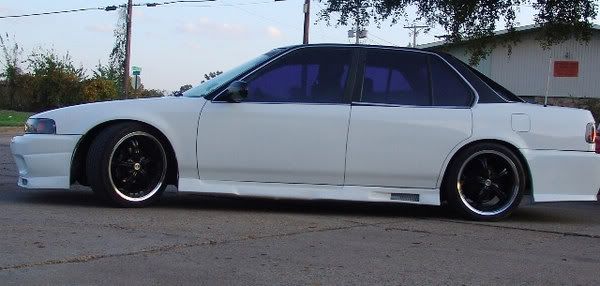I have some questions about the h22 pistons and what they are made of. For starters were all told not to run after market forged pistons in the h22 due to the frm sleeves. Ok fine but why? What are the oem pistons made of that make them special and able to work with the h? Fact is the piston don't touch the sleeves anyways or do they? I know the piston skirts can and will due to the pivot movement of the piston as its moves up and down. The rings must be special too seeing they are in contact with the sleeves all the time, other than the thin film of oil that lubricate them. I know there are coated and or mahl? sp pistons now available. But whats myth and whats fact. Is this just a ploy to get people to get iron sleeves installed? so with that said here are my questions.
1. Are the h22 pistons and rings made of a special metal to work with the frm sleeves.
2. If the answer to question one is yes why the hell don't they make a better piston with updated ring land's to handle better boost using the same materials.
Understanding that the frm sleeves are weaker is the case of boost/ high no2 shots i can understand getting iron sleeves for this. But again whats fact from fiction here guys. Why cant the pistons and forged sleeves get along?
Thanks in advance.
1. Are the h22 pistons and rings made of a special metal to work with the frm sleeves.
2. If the answer to question one is yes why the hell don't they make a better piston with updated ring land's to handle better boost using the same materials.
Understanding that the frm sleeves are weaker is the case of boost/ high no2 shots i can understand getting iron sleeves for this. But again whats fact from fiction here guys. Why cant the pistons and forged sleeves get along?
Thanks in advance.





Comment